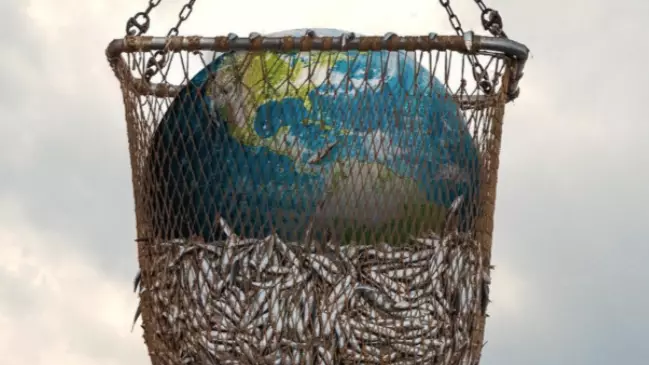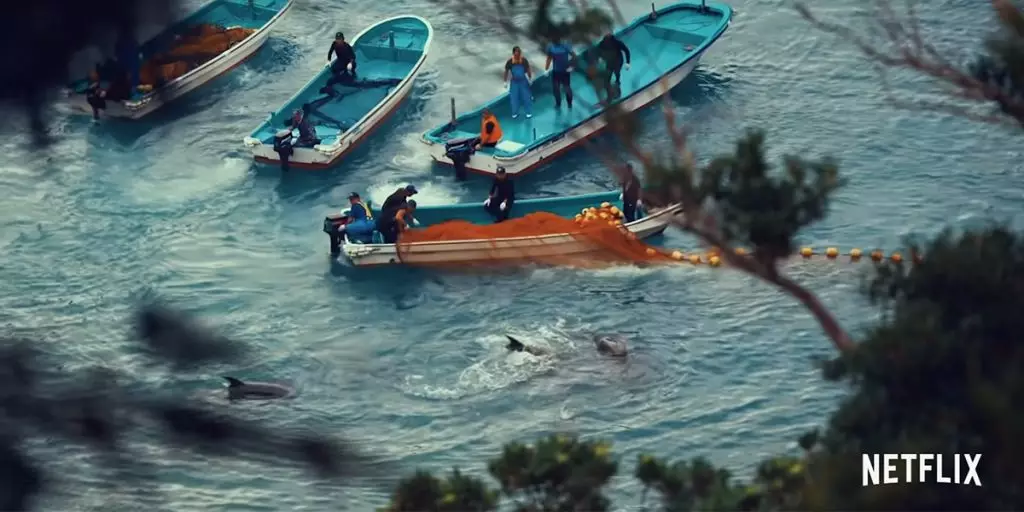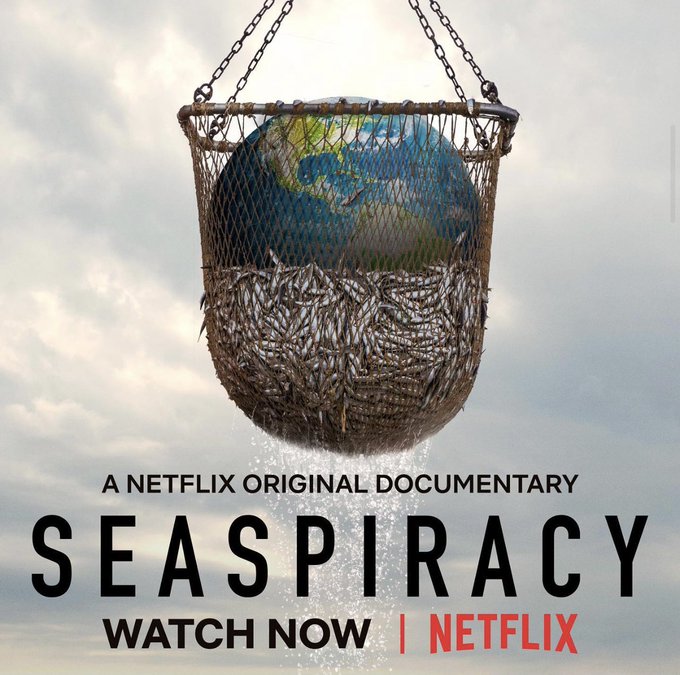
Netflix's documentary Seaspiracy dropped on the streaming service a few days ago and it seems people have been overwhelmed by the experience of watching it. Here's a trailer:
Director Ali Tabrizi was compelled to investigate how single-use plastics were affecting marine life and that mission soon took him and his girlfriend all over the world.
Advert
He was shocked by the dolphin hunt in the infamous Japanese cove of Taiji, alleging that fishermen slaughter these animals because of their role in the declining population of bluefin tuna - the fishermen's real prize. But it didn't stop there.
Every person he spoke to lifted another lid on the global fishing industry and how fishing nets and trawling are contributing to mass destruction in our oceans.
People watching the documentary from the comfort of their home were shocked and upset to see what was happening.
Some people on social media vowed to never eat fish again after watching the documentary.
Advert
Critics have been similarly shocked by the claims made during the hour and a half investigation.
The Independent said: "It's hard to stomach... But if there's one thing Seaspiracy doesn't want it's for us to switch off and give up. There is hope."
Thrillist added: "Seaspiracy is both well-researched and informative, and at times genuinely shocking... If shock and awe are what it takes to get the message across, then Seaspiracy is effective, if not particularly multifaceted."
Ready Steady Cut wrote: "Seaspiracy has an obvious one-sided rhetorical style that works to undermine it, but the facts, figures, and evidence uncovered about various oceanic conspiracies are difficult to argue with - even if the eventual solutions feel lacking."
Advert
One of the big revelations from the documentary focused on the 'dolphin safe' label given to brands who claim to ensure no additional animals are killed in the fishing of seafood like tuna.
An official agreed that it was difficult to 100 percent confirm that fishing practices were sustainable.

Ali Tabrizi concluded that people need to either eliminate eating seafood or drastically reduce their consumption of the food group - which would be a massive ask.
Advert
He's also called for more marine protection zones that specifically outlaw fishing, both commercially and recreationally.
Oceana, one of the organisations mentioned in the documentary, hit out against the director and suggested his call for people to give up seafood isn't rooted in reality.
"We believe people have the right to choose what they eat, and we applaud those who make personal choices to improve the health of our planet," it said on its website.
"However, choosing to abstain from consuming seafood is not a realistic choice for the hundreds of millions of people around the world who depend on coastal fisheries - many of whom are also facing poverty, hunger, and malnutrition.
Advert
"Oceana campaigns to save the oceans for both the people who depend on them and to protect the marine animals (and other forms of life) who live in them."
Featured Image Credit: NetflixTopics: Entertainment, TV and Film


